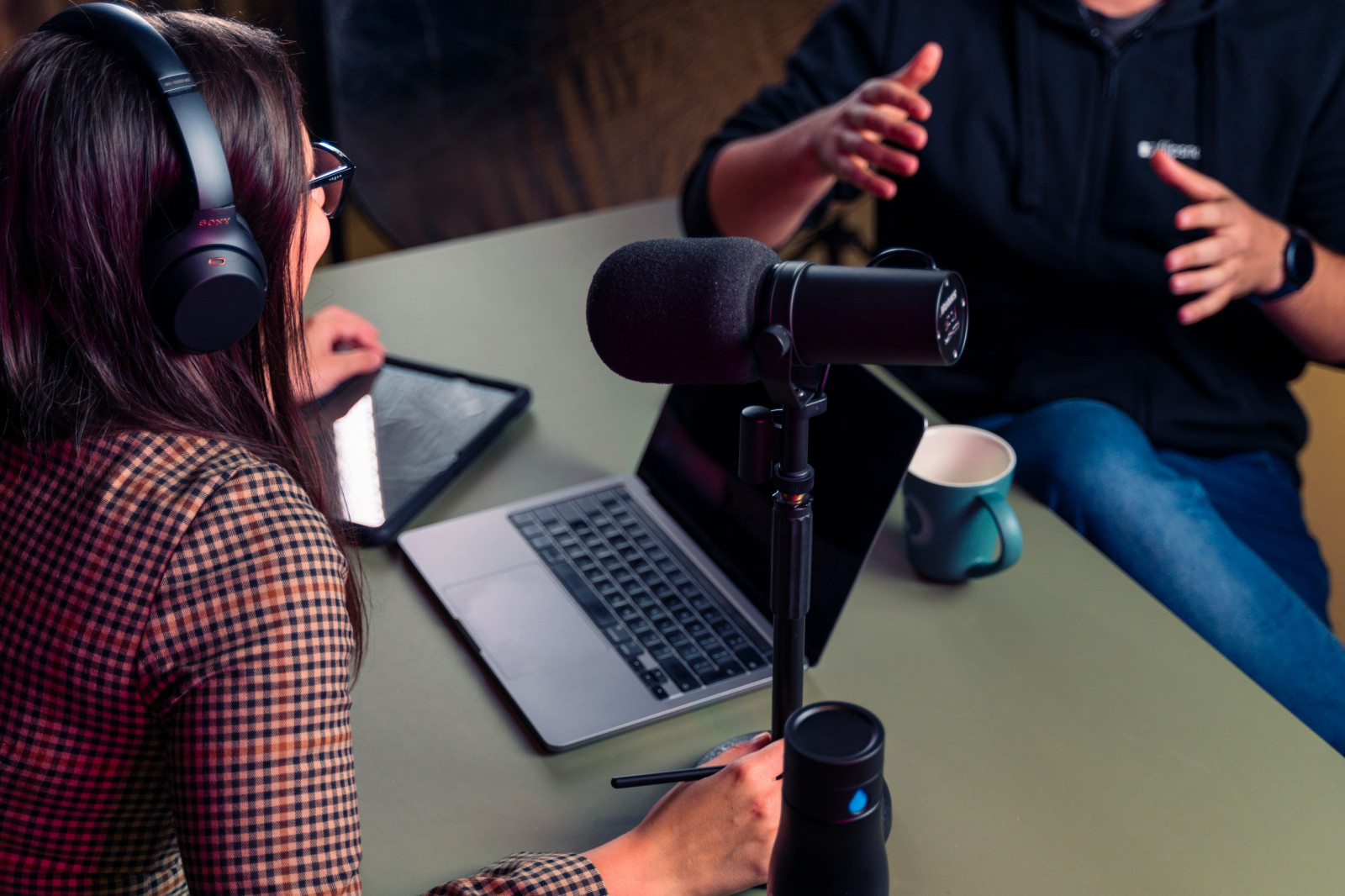AI podcasts: Google’s NotebookLM will disrupt — not destroy — podcasting

Photo: Flipsnack

On the heels of a North Carolina man being indicted for music streaming fraud, questions about AI and audio — especially as it pertains to intellectual property (IP) rights — continue to swirl. Now, Google's new NotebookLM and its "audio overview" feature are raising questions for audiobook and podcast creators.
In March, we highlighted that AI could enable a golden age of audio piracy. Just a few months later, companies like Inkitt, which uses AI to create derivative audiobooks from existing works, were ushering in the dawn of AI-generated audiobooks. Like music, audiobooks rely on underlying IP, complicating the legal and financial viability of AI-generated works. Though the sound recording and script of a podcast is technically copyrightable, there is usually no underlying IP — you cannot copyright ideas or historical facts — opening opportunities for technology like Google’s NotebookLM to disrupt the format.Consider the fact that comedians have been unsuccessful in demanding royalties for their written works, in addition to their sound recordings, on streaming services. This is in part because the legal frameworks do not yet exist to govern these uses.
NotebookLM’s primary use case is note taking and research assistance, which can be incredibly helpful in an educational context. However, the platform’s newest feature allows users to upload files and resources to generate an audio conversation between two AI voices, summarising and making connections from the source material. In effect, NotebookLM can create AI podcasts instantly, making podcast script writing, recording, and editing infinitely scalable.
The applications in an educational context, from teachers creating accessible lesson plans efficiently to college students studying for their finals, are an immediate net positive. The implications for the podcast industry — especially given the difficulty with enforcing podcast copyrights — are less defined.
Featured Report
Defining entertainment superfans Characteristics, categories, and commercial impact
Superfans represent a highly valuable yet consistently underleveraged audience segment for the entertainment industry. What drives this disconnect is the fact that – despite frequent anecdotal use of the term – a standardised, empirical definition remains absent, preventing companies from systematically identifying, nurturing, and monetising th...
Find out more…In English-speaking markets, one third of consumers turn to podcasts to hear / listen to new things, which is considerably more than with audiobooks. A third of global podcast monthly listeners listen regularly to history / science / other factual podcasts, while two thirds of global podcast monthly listeners aged 16-19 listen regularly to the same genre. Given the popularity of information-based podcasts, the ease with which NotebookLM can create podcasts with a little human-powered research, and the lack of copyright protections for ideas and facts, this corner of the podcast industry could be the first to experience the disruptive effects of AI.
Disruptive does not necessarily mean bad. It is certainly possible that fully democratising information-based podcast creation could put podcast creators, publishers, and podcast networks out of business, but it could also streamline the creation process for creators, allowing podcasters to cut costs and spend less time in pre- and post-production. These efficiencies could ultimately help current and aspiring podcasters make a better living by propelling episode output for more audience growth and monetisation opportunities.
With other podcast genres — e.g., music, politics, comedy, and drama — the immediate applications of NotebookLM and similar technologies will be less significant. In matters of taste, opinion, humour, and more, AI cannot (yet) replace human subjectivity. One day, AI may be able to satisfy the 30% of consumers who choose podcasts when they need a laugh, but for now, the personalities, the dynamics, and the chemistry of hosts are part of the human-powered magic of the format.
For better or worse, that magic is unquantifiable and difficult to codify through legal and financial protections. A person cannot copyright historical or scientific facts. They also cannot copyright their storytelling capabilities or how funny they are. On the one hand, that means AI has less legal guardrails in podcasting. On the other hand, the magic of podcasting means AI’s effect will likely remain confined to podcast creator tools and specific podcast genres, meaning it is more likely to disrupt the industry in a way that ultimately benefits podcast creators and consumers — for now.

The discussion around this post has not yet got started, be the first to add an opinion.